The United States is in the midst of its first major naval battle since World War II, according to the commander overseeing U.S. naval forces in the Middle East. But this is not a contest between world powers, but between a superpower and a separatist group that controls one of the poorest and most resource-poor regions on Earth.
Houthi attacks on shipping in the Red Sea are eroding the internationally accepted freedom of navigation and threatening a principle that has been the bedrock of the international system and the global economy for decades. The fact that Houthi attacks are less frequently reported in the news, even as they continue to occur, and that major shipping lines continue to avoid the Red Sea, is evidence that a “new normal” has been established and freedom of navigation there is no longer guaranteed.
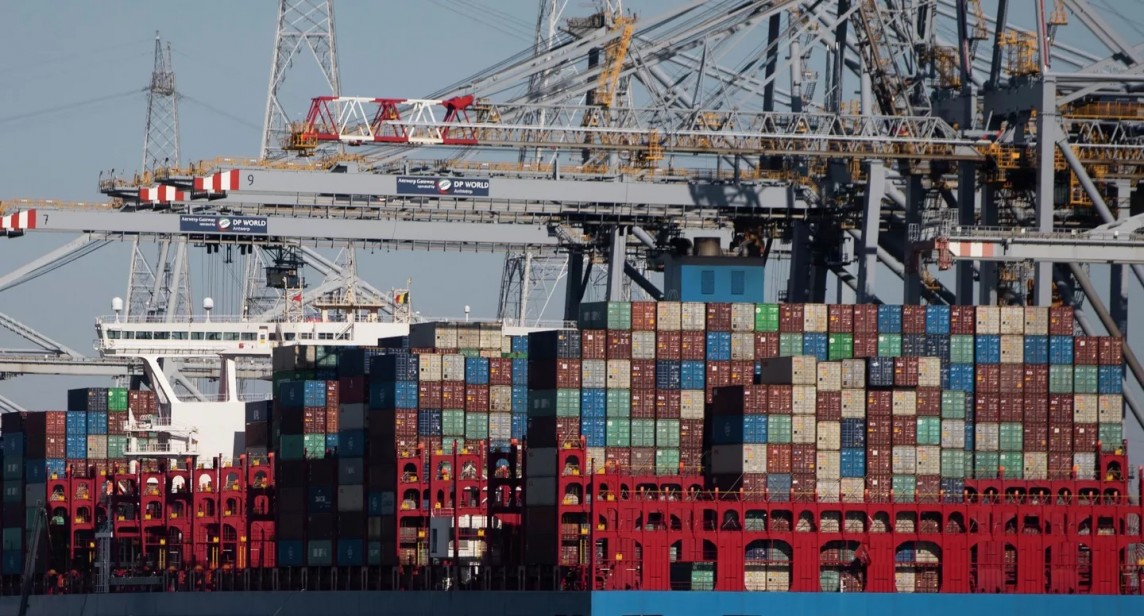 |
| Shipping disruptions caused by Houthi attacks on ships in the Red Sea have increased the cost of shipping goods on some routes from China to Europe. Photo: AP |
The threat is unlikely to go away anytime soon. The Houthis have ample reason to continue attacks in the Red Sea and possibly beyond even if a ceasefire takes effect in the Gaza Strip, and the international response so far has been insufficient to deter them.
Gaza ceasefire fragile
Some sort of regional de-escalation may be necessary to halt Houthi attacks in the short term, given the Houthis’ genuine ideological motivations and the need to demonstrate to their public that their attacks are aimed at securing some gains for the Palestinians. However, a ceasefire in the Gaza Strip alone is not enough to address the Houthi threat to freedom of navigation.
Many Yemeni experts say that supporting Palestinians is not the primary motivation for the Houthi attacks. Rather, the need to distract from growing domestic dissent over the Houthi leadership since the Yemen ceasefire took effect in April 2022, as well as the need to strengthen the Houthis’ position both in Yemen and in the region, is a stronger motivation.
Yemen is in a transitional period that many Yemenis call “no war, no peace.” The ceasefire agreement has created a transition from an intense civil and regional war to quiet negotiations around a political process. This transition is uncomfortable for the Houthis, who rule only during wartime and have no access to Yemen’s most valuable natural resources, namely oil and gas.
The Houthis earn an estimated $1.8 billion a year in revenue, according to the United Nations—not enough to keep the more than 25 million Yemenis under their control. They have spent years and lives trying to seize Yemen’s oil and gas fields, to no avail. The naval assaults are a powerful new tool for the Houthis to consolidate their control.
Even if a ceasefire is reached, the Houthis could still justify their attacks, for example by objecting to the continued presence of Israeli security forces in the Gaza Strip or demanding guarantees of a Palestinian state.
Houthi and the long-term solution
By October 7, 2023, the Houthis are pursuing a UN-backed political process that would allow them access to additional economic resources and could eventually formalize their control of northern Yemen. With Houthi attacks affecting more than a quarter of UN member states, the future of the process remains unclear.
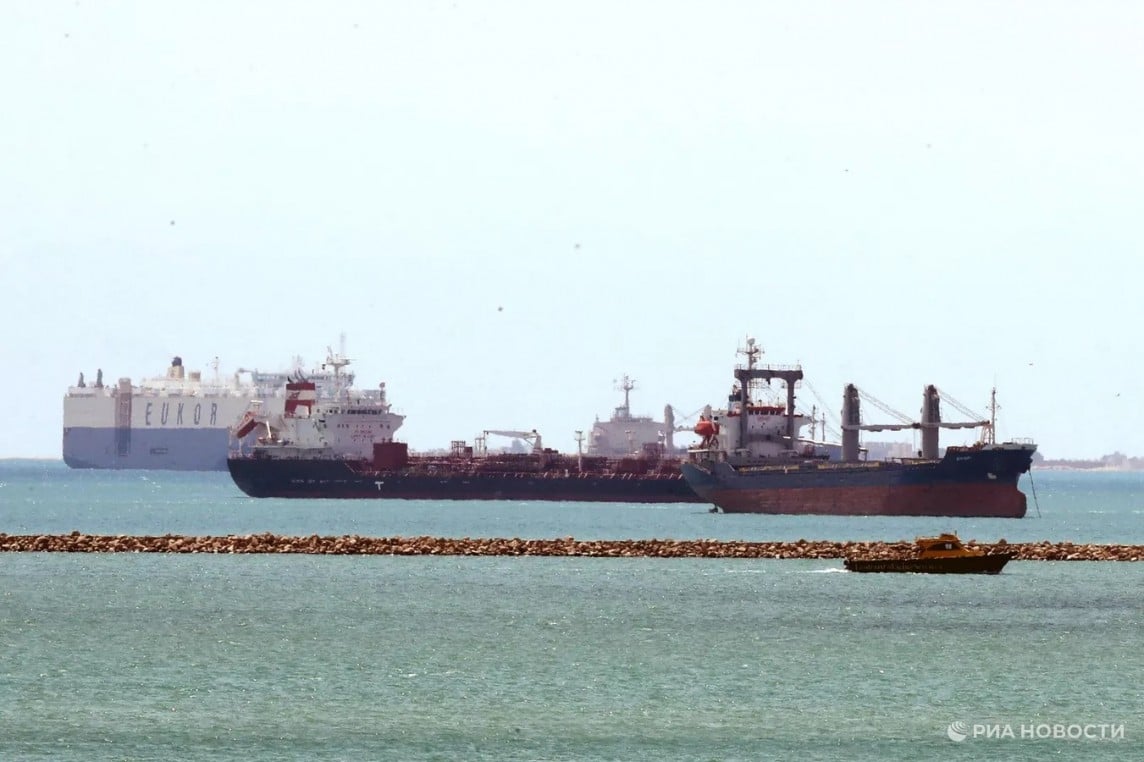 |
| Since mid-November 2023, Houthi forces have deployed UAVs and missiles to attack international ships in the Red Sea. Photo: RIA Novosti |
As the political process stalls, the Houthis could continue their efforts to seize Yemen’s oil and gas resources by force, capitalizing on the momentum created by the maritime attacks. The Houthis have used the Red Sea attacks to launch a forced conscription effort, including of children. The Houthis could also exploit Saudi Arabia and the United Arab Emirates’ (UAE) concerns over recent Houthi attacks on their territory. Such attacks could open a new front in the broader Middle East conflict.
In particular, the Houthis could exploit this concern to ensure that Saudi Arabia and the UAE do not provide their allies in Yemen with the support they need to repel Houthi attacks on oil and gas fields. While the Houthis may seize those fields, the export infrastructure lies further south, in the heart of the former South Yemen, where the anti-Houthi opposition is strongest and the UAE has significant assets, opening the door to a new round of protracted conflict that could spread across the Gulf. A successful Houthi offensive would thus remove one of the few remaining obstacles to their power without providing a lasting solution to Yemen’s instability, fostering conditions that could perpetuate Houthi attacks on shipping.
While some analysts have advocated US support for an offensive against the Houthis, the conditions for such an offensive are even less favorable than they have been over the past five years, when Saudi- and UAE-backed offensives failed to make significant progress. The last significant ground progress against the Houthis was in 2018, when Houthi forces were much weaker and the UAE was willing to commit significant forces to the ground, including for a UAE-led amphibious assault. It is difficult to imagine the US or other regional players providing such support now.
Source: https://congthuong.vn/moi-de-doa-tu-houthi-doi-voi-quyen-tu-do-hang-hai-323535.html








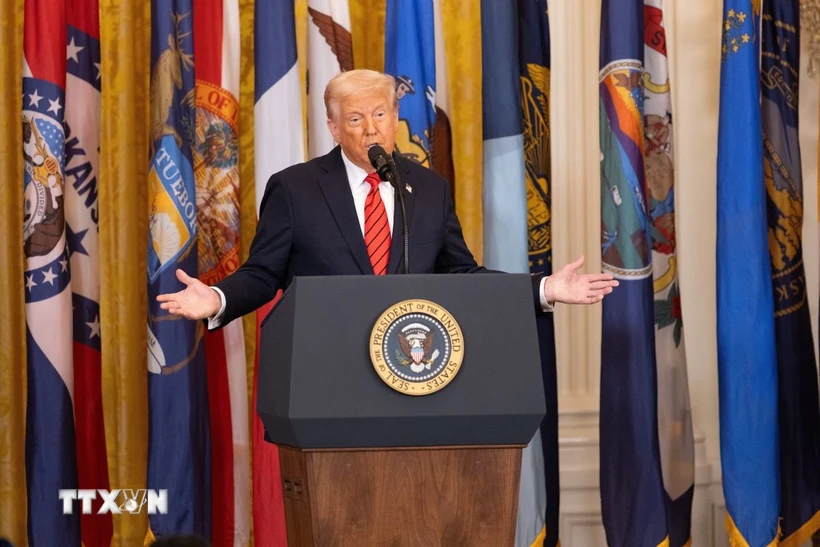

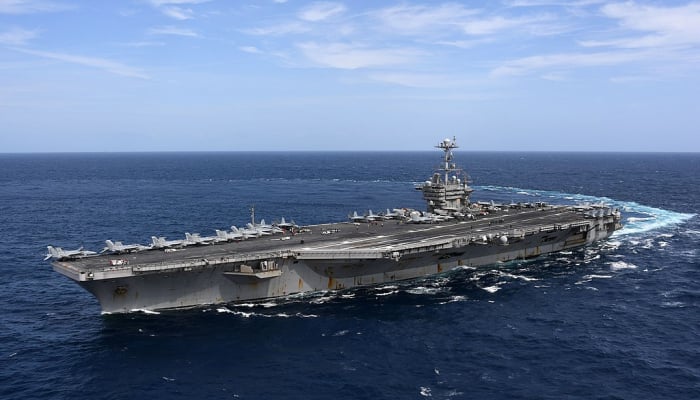

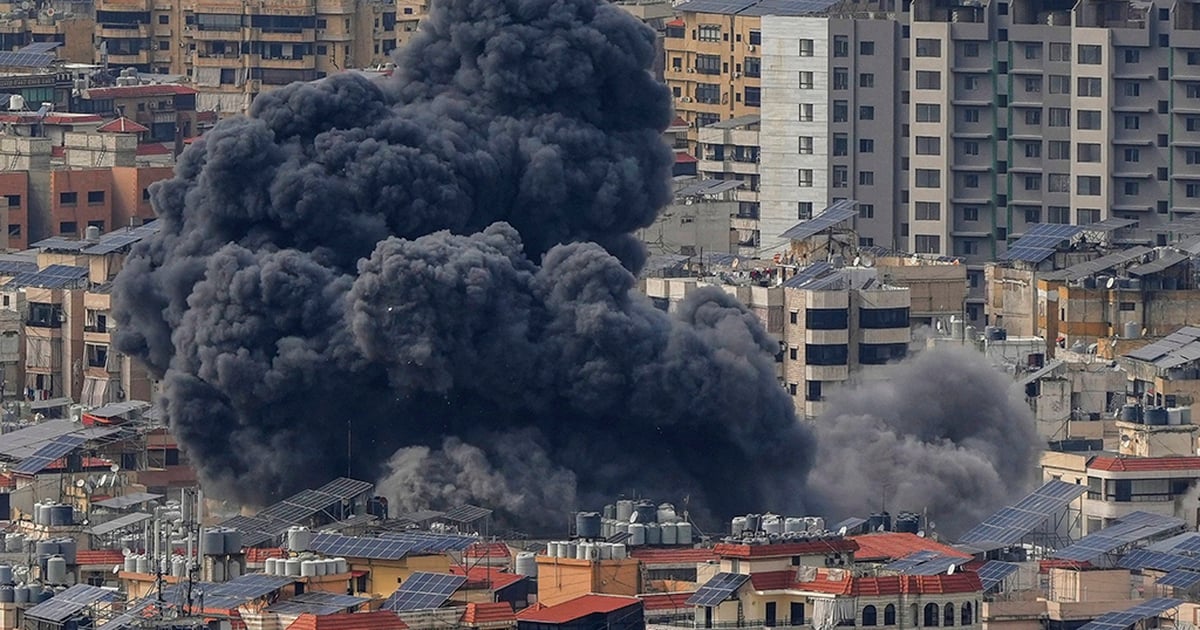

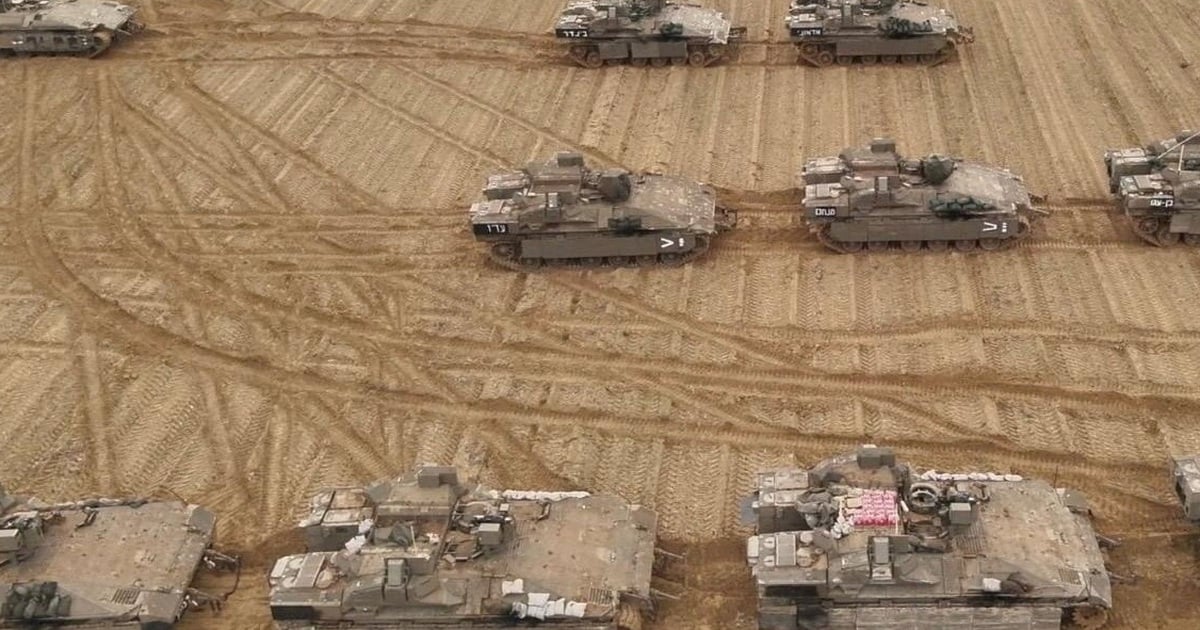
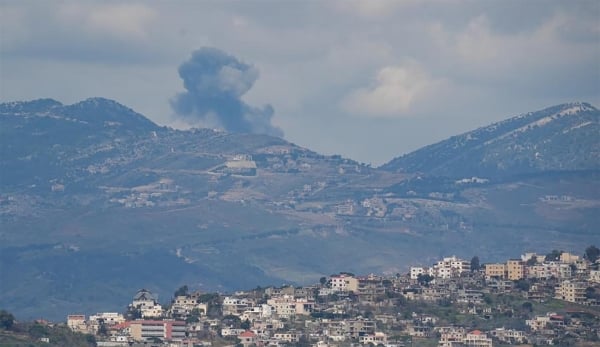

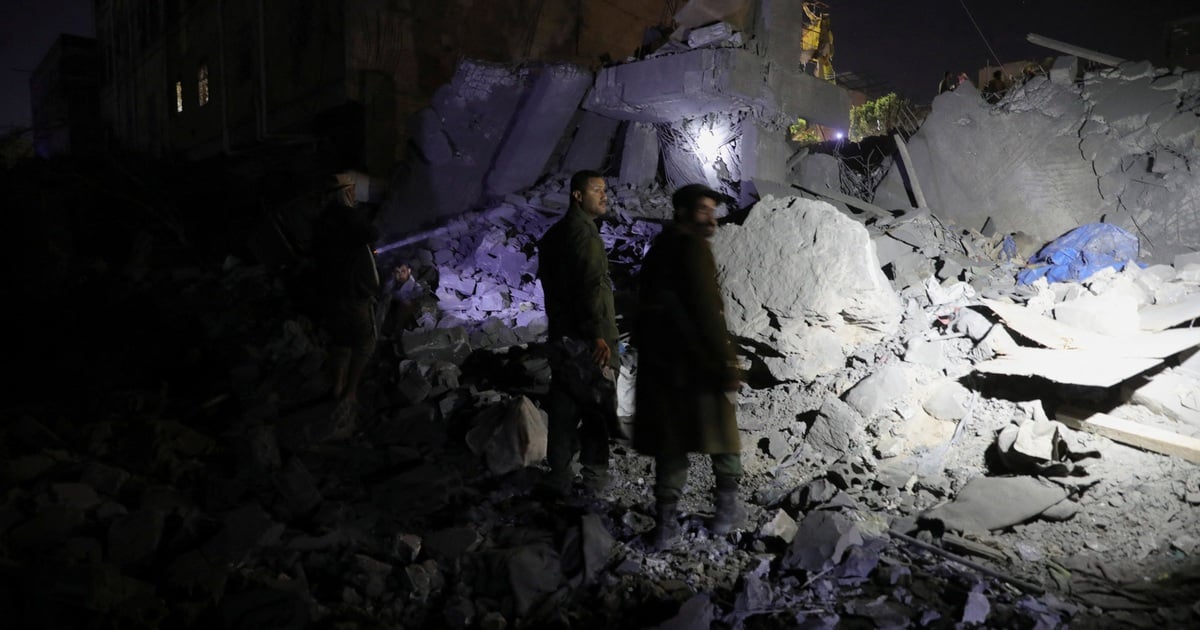

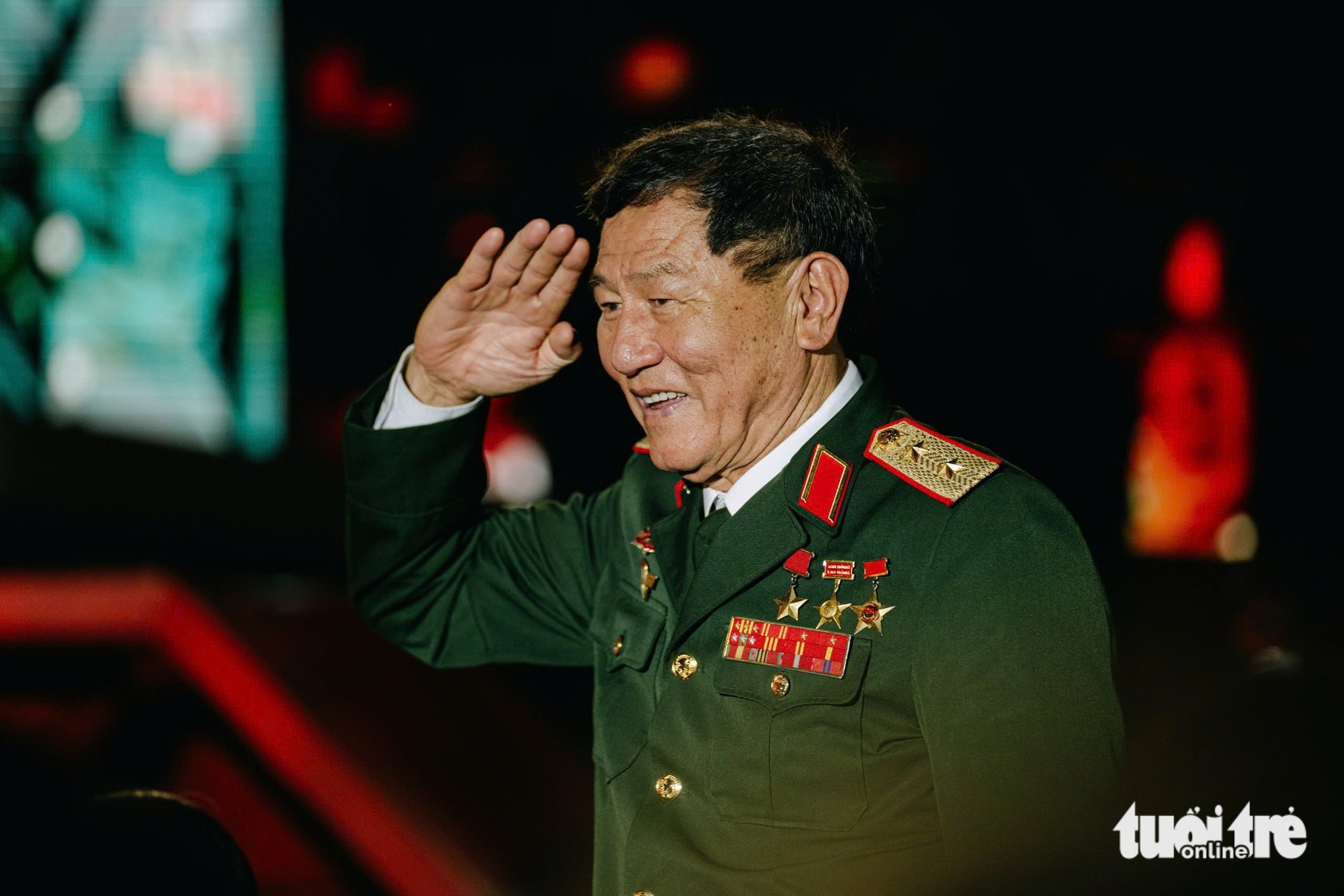
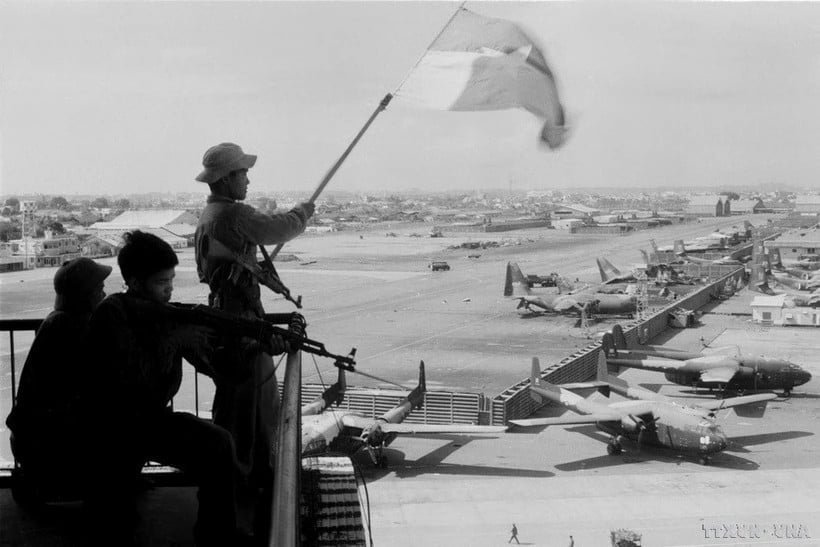


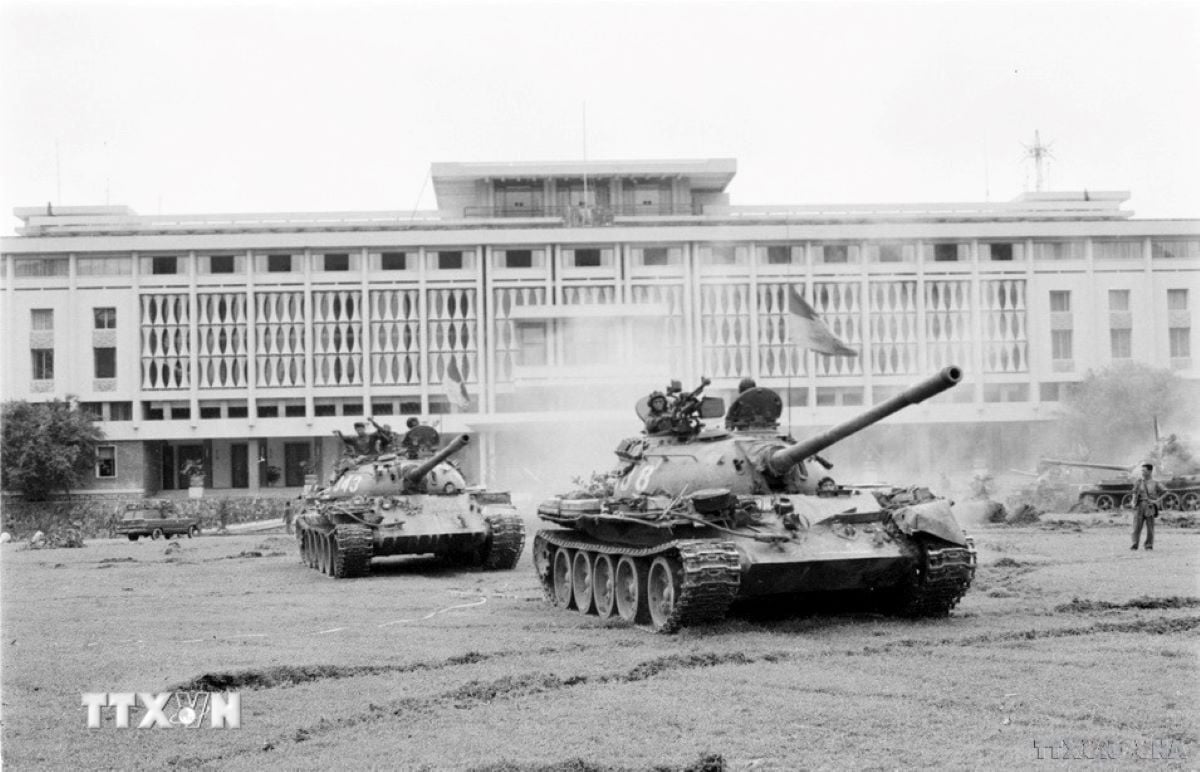







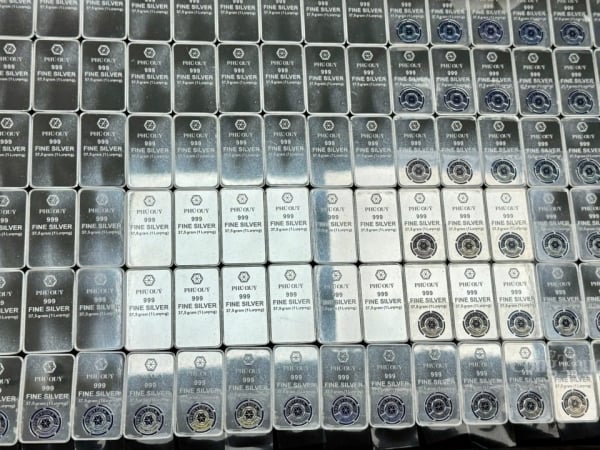

![[Photo] "Beauties" participate in the parade rehearsal at Bien Hoa airport](https://vstatic.vietnam.vn/vietnam/resource/IMAGE/2025/4/11/155502af3384431e918de0e2e585d13a)




















































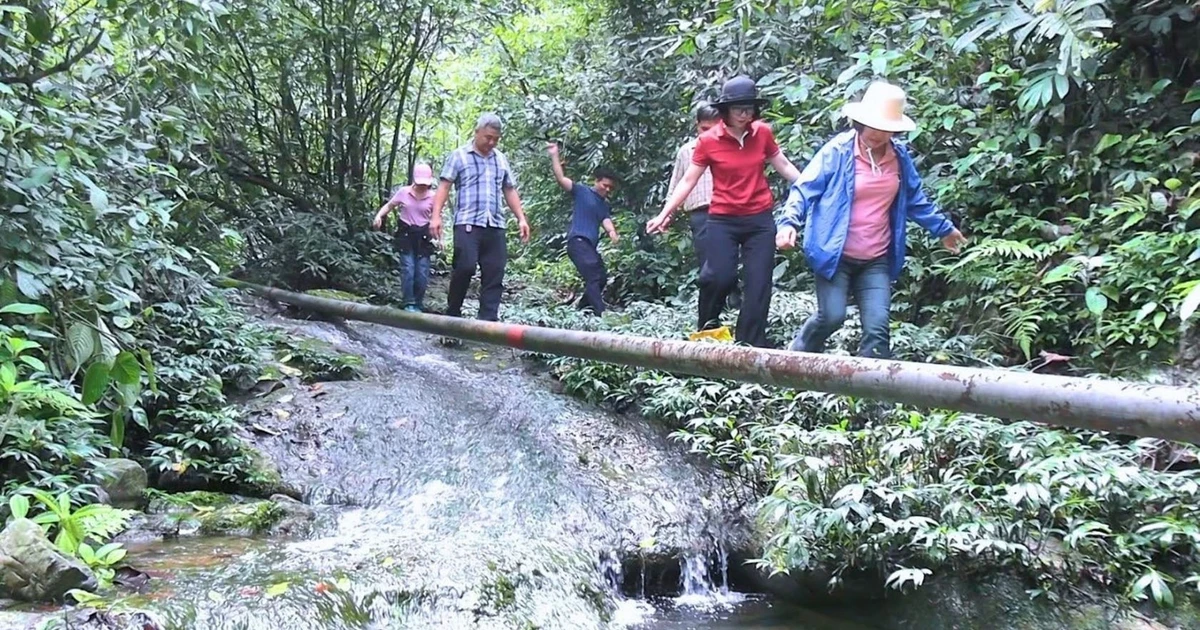












Comment (0)